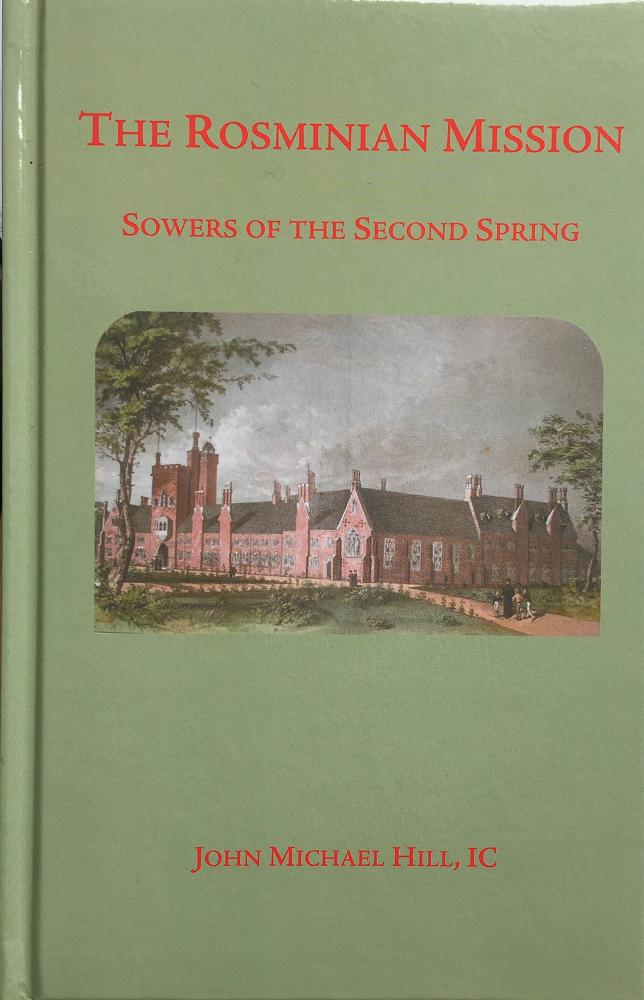
The Rosminian Mission: Sowers of the Second Spring
By John Michael Hill IC. Published by Gracewing, 2017. Reviewed by John Stenhouse
Michael Hill’s beautifully written and superbly illustrated history of the Rosminian mission to England and Wales during the 19th century illuminates a subject about which we have known very little until now. Directed from Italy by Antonio Rosmini, founder of the Institute of Charity, the Rosminian mission contributed significantly to Catholicism’s “Second Spring” — a phrase John Newman used to describe the remarkable revival of the Catholic Church in the United Kingdom.
Who would have predicted it? In 1800, Catholicism faced huge challenges. Industrialisation was transforming the country. The evangelical revival had revitalized Protestants within and beyond the Church of England. Enlightenment rationalists were growing in numbers and influence. Everywhere except Ireland, Catholics were a small and embattled minority. The Irish famine of the 1840s sent thousands of poor, often illiterate, Irish Catholics flooding into England and Wales.
Laypeople as well as priests turned Catholic fortunes around. The Irish lawyer-politician, Daniel O’Connell, led the campaign for Catholic emancipation. Reviving — after the Napoleonic wars — new missions (domestic and foreign) began. The author paints vivid portraits of key personalities such as the first leader of the Rosminian parish missions, Luigi Gentili, a warm and passionate Italian whose effectiveness improved the more he learned about English culture. Lay women as well as men provided vital support.
Occasionally I found myself hoping to learn more about the mission “from below” — from the perspective of the laypeople involved. Noting the missioners’ “sheer attraction”, Hill observes that, before cinema and television, the missions “provided the best show in town”. I’d love to know more. I suspect that Irish Catholic women often encouraged their men to go. The more faith came alive for their menfolk, the less they were likely to spend on drink, and the more family life would flourish. Probably the sources available to the author, for all their richness, could not shed much light on such questions.
Like history at its best, this book raises questions for us today. New Zealanders have heard for decades about the decline of the Churches and the rise of a secular society as if both are inevitable processes with which mere human beings may not interfere. Hogwash. These are not iron laws of history. Our future is open. It’s up to us. Second Spring, anyone?
Copies of the book are available from:
Rosminian Fathers, 132 Signal Hill Road, Dunedin 9010 at $40 plus $5 postage
Tui Motu Magazine. Issue 222, December 2017:15.
